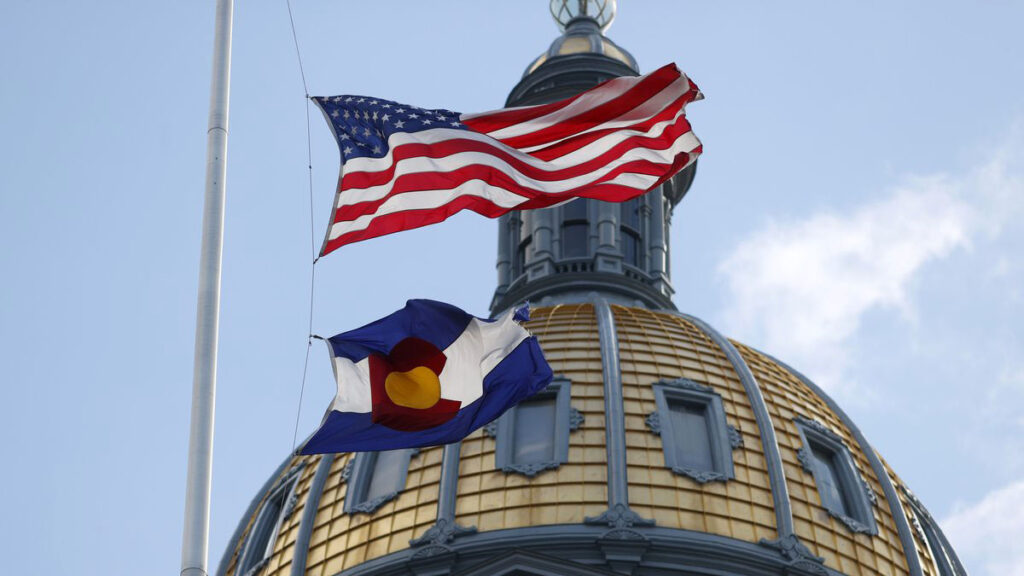
The opinions, beliefs and viewpoints expressed by our guest columnists do not reflect the opinions, beliefs and viewpoints of this publication.
Freedom drives progress
Por Ángel Merlos
Strategic Director Libre Institute- Colorado
Haga click aquí para leer la versión en español
Without anyone saying so out loud, much of our political debate these days is about the role of government. When elected officials debate various policies and their visions of our futures, they reveal their notions of the role of government. TABOR a model for relationship between government and governed.
What does that mean for the average citizen? Most people, as they go about their daily lives, don’t dwell on the subject. But most have an idea about it that they hold in their head or their heart.

The Declaration of Independence outlines and the U.S. Constitution ensures our rights to life, liberty, and the pursuit of happiness. As Thomas Jefferson wrote in the Declaration, “to secure these rights, governments are instituted among men, deriving their just powers from the consent of the governed.”
In short, the purpose of government is to secure the rights we are all born with. They do not come from government. We are not servants of government, beholden to it for our rights. Government is our servant, beholden to us for its powers.
Government is only one among several key institutions in our society that can help create a community of mutual benefit and openness. It’s role in creating that community is to secure our rights. And a legitimate government depends on the consent on the governed.
Here in Colorado, that idea is exemplified by the provision in our constitution known as the Taxpayer’s Bill of Rights (TABOR). Enacted in 1993, TABOR has played a crucial part in limiting the growth of state government and ensuring that government grows in a sustainable way.
And it has created an environment in our state for greater opportunity and prosperity. TABOR puts reasonable limits on taxes, spending, and debt. And most significantly, it gives Colorado voters the right to sign off on increases in taxes, spending, and debt above the TABOR limits.
Any revenue collected above that limit is returned to taxpayers. And even though TABOR applies to a limited set of government activities – less than one-third of the state budget is covered by its provisions – it still plays an important role in limiting taxes and spending.
Billions in excess revenue has been put back in the pockets of Coloradans since TABOR took effect 30 years ago. But money – taxes, spending, and debt – are only part of the story. TABOR plays an equally important role in recognizing the proper relationship between the government and the governed, and who is the senior partner in that relationship.
In Colorado, the consent of the governed is a regularly scheduled event. TABOR has promoted transparency and helped to establish a sense of accountability between our elected officials and Colorado taxpayers.
TABOR is vital not just to maintaining a strong economy in Colorado, but to ensuring voters have a voice in the process and preserving that sense of accountability. Surveys show that more than 70% of Coloradans support their right to vote on tax increases, and they have confirmed that again and again in elections.
As we recognize and celebrate the 30th anniversary of Colorado’s Taxpayers Bill of Rights, it’s more important than ever that we remember where those rights come from, and the role of government – not in creating them, but in securing them.
You may also like:
Get help paying your electric bill
Paulette Tate takes gavel as Chairwoman of The Colorado Hispanic Chamber of Commerce
Health Insurance’s Enrollment until April 18th





otras noticias
Active-Duty Soldier Arrested in Connection with Colorado Springs “After Party” Raid
Guest Columnist – A Prescription Drug Discount Program Being Exploited is Costing Colorado Workers More Money
Key Civil Rights Bill Advances in Colorado